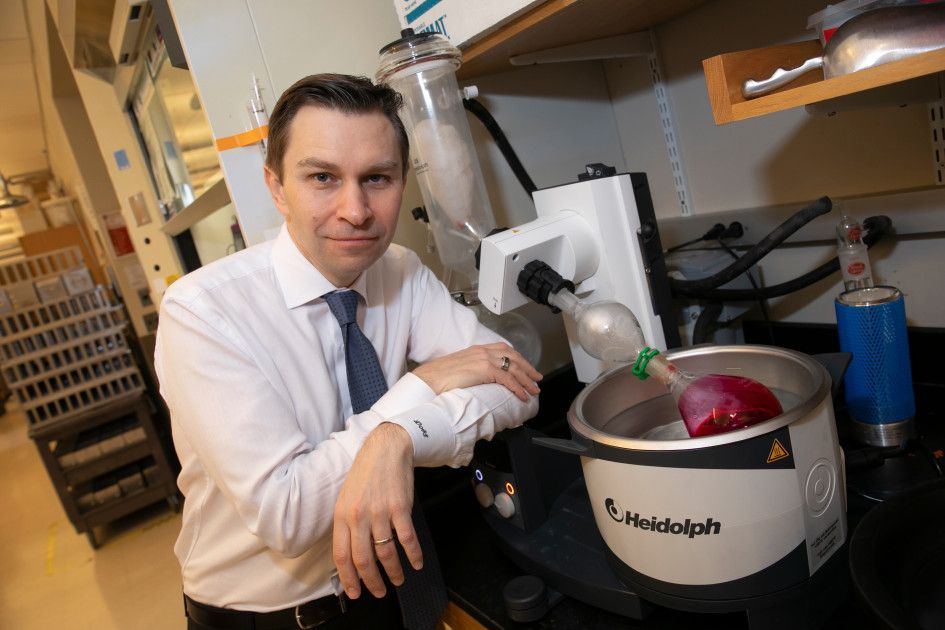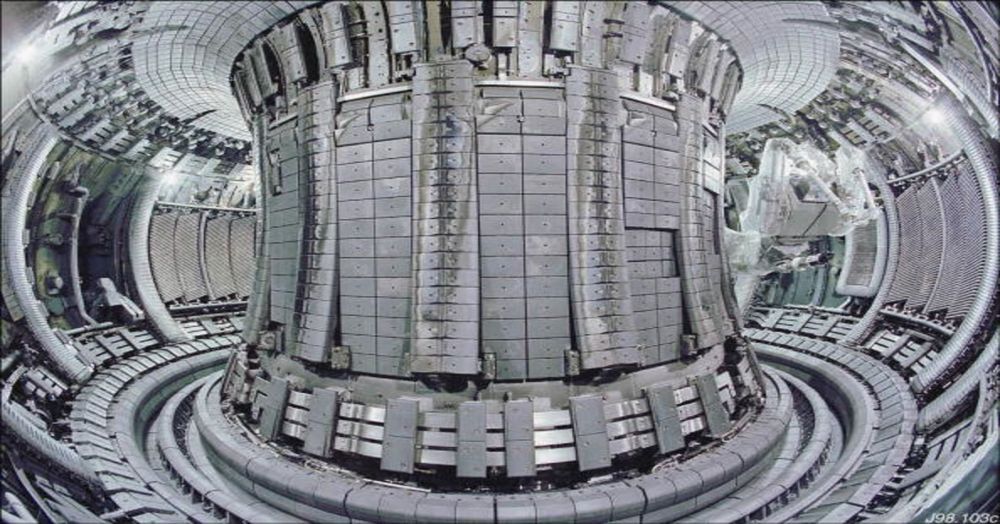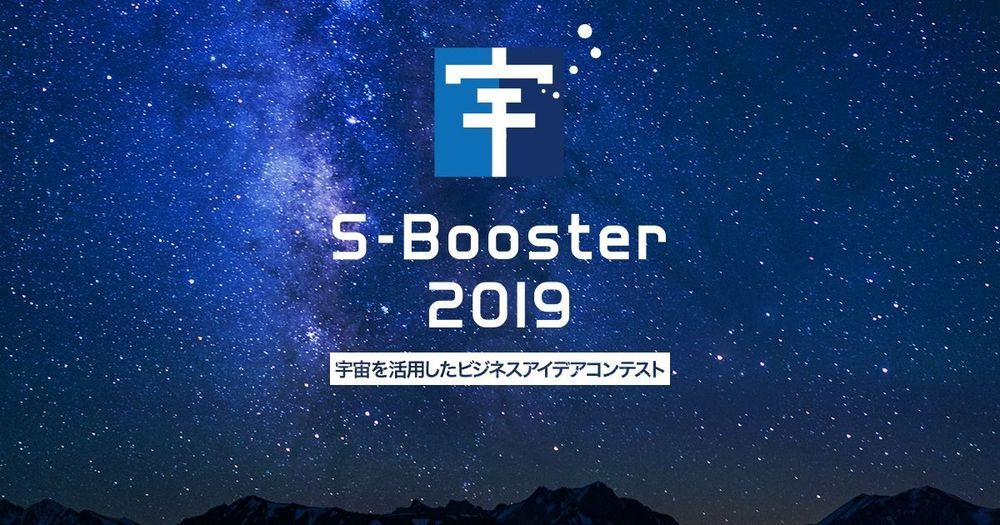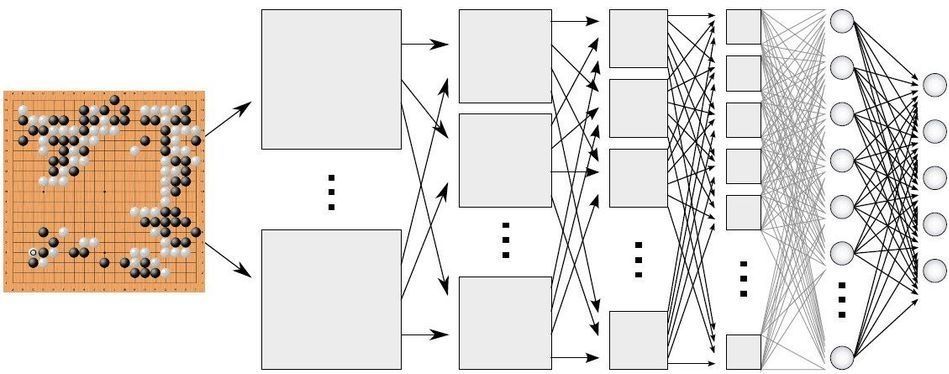Category: business – Page 244

Anti-aging research: ‘Prime time for an impact on the globe’
In February, a group of 16 researchers from Harvard, MIT, and other institutions around the U.S. and Europe launched the nonprofit Academy for Health and Lifespan Research to promote future work, ease collaborations between scientists, and ensure that governments and corporations are making decisions based on the latest facts instead of rumor, speculation, or hype.
Research into extending humanity’s healthy lifespan has been progressing rapidly in recent years. In February, a group of aging and longevity scientists founded a nonprofit to foster the work and serve as a resource for governments and businesses looking to understand the potentially far-reaching implications of a population that lives significantly longer, healthier lives.

Why modern enterprises need to adopt cognitive computing for faster business growth in a digital economy
Cognitive computing (CC) technology revolves around making computers adept at mimicking the processes of the human brain, which is basically making them more intelligent. Even though the phrase cognitive computing is used synonymously with AI, the term is closely associated with IBM’s cognitive computer system, Watson. IBM Watson is a supercomputer that leverages AI-based disruptive technologies like machine learning (ML), real-time analysis, natural language processing, etc. to augment decision making and deliver superior outcomes.

Why Bezos and Microsoft are betting on this $10 trillion energy fix for the planet
So far, no one has commercialized nuclear fusion, but the race is on to be the first to figure it out. Whoever does will be able to bring power to the more than 1 billion who don’t have access to electricity, power cars and help companies operate businesses without having to create harmful emissions.
Jeff Bezos and others have sunk more than $127 million into General Fusion, a start-up trying to commercialize fusion energy. Microsoft is partnering with the company. The goal: to provide energy to 1 billion people that don’t have electricity.

For HyperSciences, geothermal energy builds a path to space
These days, it seems anyone wanting to launch rockets will inevitably be compared to Elon Musk and Jeff Bezos, especially if rocket launching isn’t the only business interest on the agenda. Musk has Tesla plus SpaceX, and Bezos has Amazon plus Blue Origin. Now, meet Mark Russell, a disciple of Bezos and rocket engineer who founded HyperSciences, a drilling company that uses aerospace technology to both quickly extract underground geothermal energy and put payloads into orbit at low cost.
The idea of leveraging Earth’s geothermal energy is not a new concept, but the expense and time required to reach the depth needed have been prohibitively expensive. That’s where HyperSciences comes in.
Russell and his team have developed a low-cost, multi-purpose projectile called the HyperDrone that can accelerate to velocities over five times the speed of sound and pulverize hard rock via their HyperDrill. This will enable tunneling speeds that are 5–10 times quicker than conventional methods, and more importantly, it opens up significant market viability in other industries that could benefit, namely when that acceleration is pointed skyward. NASA has already recognized this potential and is a current investor and major partner of HyperSciences.
The World’s Most Valuable AI Companies, and What They’re Working On
Artificial intelligence and its subset of disciplines—such as machine learning, natural language processing, and computer vision —are seemingly becoming integrated into our daily lives whether we like it or not. What was once sci-fi is now ubiquitous research and development in company and university labs around the world.
Similarly, the startups working on many of these AI technologies have seen their proverbial stock rise. More than 30 of these companies are now valued at over a billion dollars, according to data research firm CB Insights, which itself employs algorithms to provide insights into the tech business world.
Private companies with a billion-dollar valuation were so uncommon not that long ago that they were dubbed unicorns. Now there are 325 of these once-rare creatures, with a combined valuation north of a trillion dollars, as CB Insights maintains a running count of this exclusive Unicorn Club.
The subset of AI startups accounts for about 10 percent of the total membership, growing rapidly in just 4 years from 0 to 32. Last year, an unprecedented 17 AI startups broke the billion-dollar barrier, with 2018 also a record year for venture capital into private US AI companies at $9.3 billion, CB Insights reported.


S-Booster2019
Join S-Booster 2019!
We will invite space-based business ideas from the Asia and Oceania regions!The Contest facilitates the realization of each business idea through open innovation with Japanese companies, and also provides financial support, business coaching and other assistances. Promoting Win-Win Business Cooperation Between Asia and Japan!

Enter The Quantum World: What The Mechanics Of Subatomic Particles Mean For The Study Of UAP, Our Universe, And Beyond
Then the 2017 DoD disclosure occurred, directly contradicting the findings in the Condon Report. We realized we had not discovered all there was to discover — not by a long shot.
AATIP succeeded where others failed simply because our understanding of the physics finally caught up to our observations.
Today, much of our government’s business is conducted behind closed doors, and mostly for good reason.
There are numerous secret programs, secret agencies, secret committees of Congress, secret laws, and even a secret courtroom. Secrecy allows our government to collect and share information, and even make decisions that otherwise could fall into enemy hands or be exploited.
Ultimately, the purpose of keeping things secret in the government is to protect sources and methods and ensure the flow and integrity of information is maintained so decision-makers can make decisions with the very best data available. It’s no surprise that governments will go to great lengths to protect the information they consider sensitive. In fact, the more sensitive information is perceived, the more it is protected.

Now any business can access the same type of AI that powered AlphaGo
A startup called CogitAI has developed a platform that lets companies use reinforcement learning, the technique that gave AlphaGo mastery of the board game Go.
Gaining experience: AlphaGo, an AI program developed by DeepMind, taught itself to play Go by practicing. It’s practically impossible for a programmer to manually code in the best strategies for winning. Instead, reinforcement learning let the program figure out how to defeat the world’s best human players on its own.
Drug delivery: Reinforcement learning is still an experimental technology, but it is gaining a foothold in industry. DeepMind has talked of using it to optimize the performance of data centers and wind turbines. Amazon recently launched a reinforcement-learning platform, but it is aimed more at researchers and academics. CogitAI’s first commercial customers include those working in robotics for drug manufacturing. Its platform lets the robot figure out the optimal way to process drug orders.